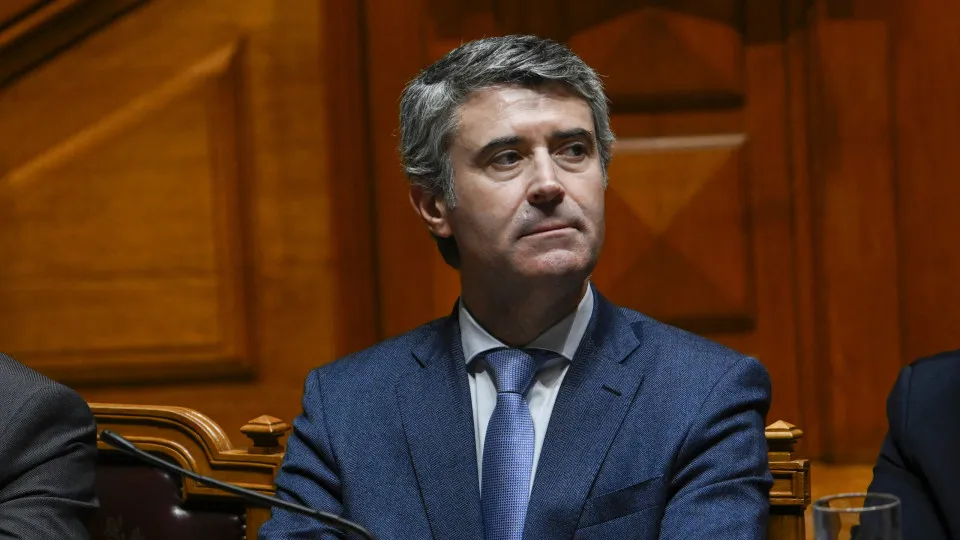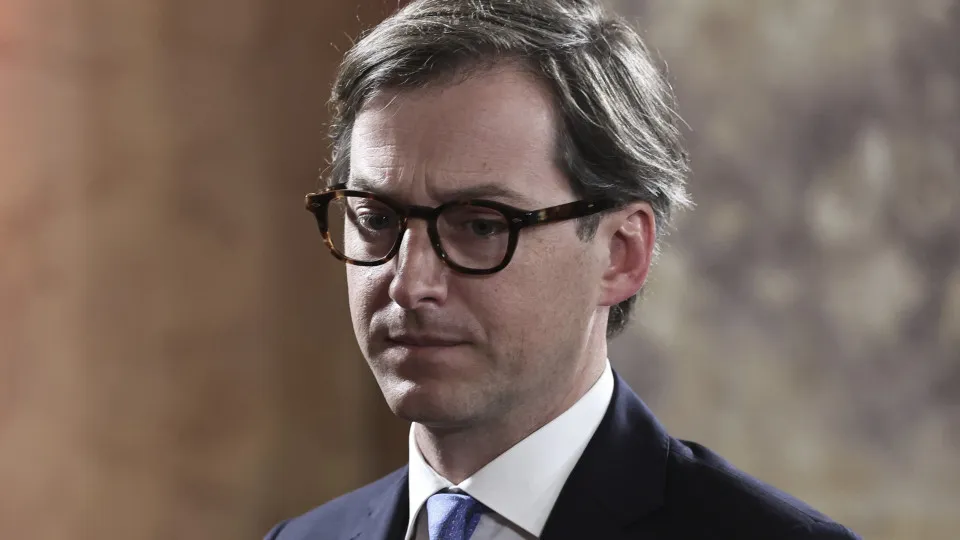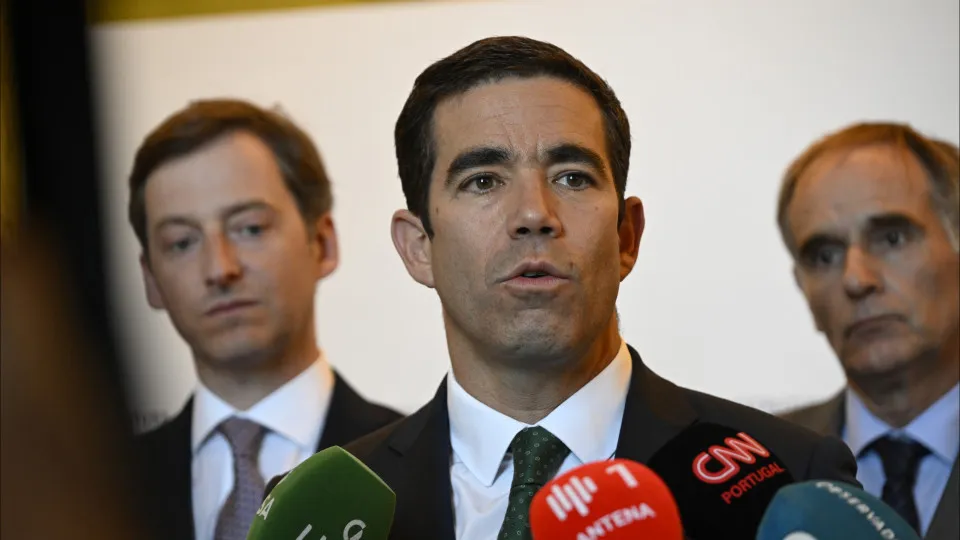
The Secretary-General of the Socialist Party (PS), José Luís Carneiro, stated on Wednesday that his party is marked by fundamental principles in its political action, emphasizing that it represents a political alternative to the current government as it seeks to reconcile two key values: equality and freedom.
During the Grande Entrevista program on RTP Notícias, when asked whether the PS was in opposition or a partner to the government, Carneiro responded: “It is a party with essential principles in its political action and its commitment to the Portuguese people.”
He added: “It is the party that, within the framework of Portuguese democracy, seeks to balance two fundamental values and it is with these values that we present ourselves as a major political alternative to the government,” referring to the “value of equality” and the “value of freedom.”
According to the socialist leader, “it is in the balance of these two values” that the PS strives to present its vision for the country, society, and the economy.
“We aim to be a firm opposition, but simultaneously responsible, because that is what the Portuguese want and that was the mandate they gave us,” he said, adding that “people expect us to be a party capable of building and asserting an alternative, being constructive to defend the national interest.”
“That is what we attempted with the State Budget,” he noted.
Abstention? PS made “very clear demands”
Regarding the approval of the State Budget for 2026—where the PS abstained—José Luís Carneiro was asked if the PS feared being seen as a ‘crutch’ for the government, he was clear: “No, for several reasons.”
“We placed a set of demands on the government, and they were very clear demands that were then widely discussed among the public, with several statements from both the prime minister and the president of the republic aligning with what were the demands of the PS,” he highlighted.
And what were the demands? José Luís Carneiro cited, for example, that the State Budget “could not serve as the basis for altering substantial matters, essential issues regarding well-being and social life.”
“Namely, it could not support the reform of labor laws—which the government presented as detrimental—nor could it support changes to health laws, the public nature of Social Security, and tax policy reform,” he explained.
The socialist emphasized that Prime Minister Luís Montenegro “affirmatively responded to these demands.”
When asked if he considered the State Budget a good budget, given that the PS abstained and thus it was approved, Carneiro said “no.” He nonetheless highlighted that he gave his “word of honor” to the Portuguese that he would “contribute to the national interest.”
“It is in the country’s interest to have, at this moment, stability so that the government and prime minister can fulfill their commitments. This includes executing the Recovery and Resilience Plan (PRR), which is an international commitment of the Portuguese state, but also addressing the needs in housing, health, and income,” he stated.
He added: “I also gave my word to the government that if it met these demands, we would facilitate the State Budget by abstaining.”
During the general budget proposal debate in Parliament, the PS described the State Budget as having an “original sin” and lacking “credibility.” Regarding the abstention that gave ‘green light’ to the budget, and whether those words were contradictory since the PS enabled it, the socialist leader indicated that without the dimensions he referred to, “the budget aims to present the revenue structure and the expenditure structure.”
José Luís Carneiro believes that “besides not being the PS budget,” the document “lacks economic ambition, national ambition, social, and territorial cohesion,” among others and highlighted “two dimensions” that need to be emphasized in terms of public accounts: under-budgeting in health and inflated revenues.
“The Public Finance Council pointed out that the budget suffers from these two issues,” he noted.
The PS Secretary-General also argued that the party’s abstention aligns with what the Portuguese currently desire.
“Does any Portuguese person want elections or a political crisis at this time? Does any Portuguese person want the government to use the PS’s vote as an excuse not to fulfill its obligations and commitments to the people?” he questioned.
He reiterated: “What we say to the prime minister is that he has, at this moment, another year to show what he is capable of. After a year, we will evaluate how this government executes and meets the commitments it assumed.”
It is worth noting that the State Budget proposal was approved in general on Tuesday in Parliament, with votes in favor from the PSD and CDS, abstentions from the PS, PAN, and JPP. Chega, Iniciativa Liberal, Livre, PCP, and Bloco de Esquerda voted against the document.




